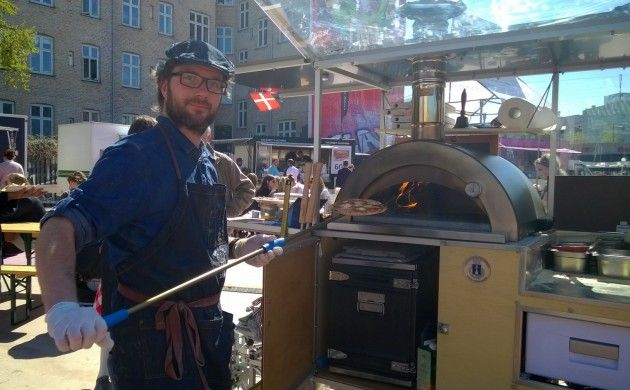In just five years, the amount of food sold on Copenhagen’s streets by mobile vendors has shot up by 300 percent, according to new figures from the city municipality.
Copenhagen Municipality approved 520 permits to sell on the streets in 2015. The success has partly been attributed to the municipality removing a fee associated with running a food business in 2013.
“The politicians want to help promote life on the streets,” Mikkel Halbye Mindegaard, a spokesperson from the municipality, told Metroxpress newspaper.
“That means that people who have an idea to start up a company can more easily do so.”
READ MORE: Pizza on wheels: Bikes, breaks, bakes – a delivery like no other
Cooking up in force
The many street food vendors has led to a new trend in which they team up and open up pop-up markets from their vans, bicycles or scooters.
Areas in Copenhagen where you can experience the street food paradise includes Food Truck Corner, which is on Stefansgade in Nørrebro, and Kødbyens Mad og Market, which is open every weekend from April to October in Kødbyen, the meatpacking district.
Rebel Food, an organisation that has consolidated 17 of the best food trucks, serves street food on Halmtorvet in Vesterbro and Den Røde Plads in Nørrebro. Furthermore, the food caravan Madkaravanen moves about the city, making regular pitstops in Østerbro, Valby and Vesterbro.














